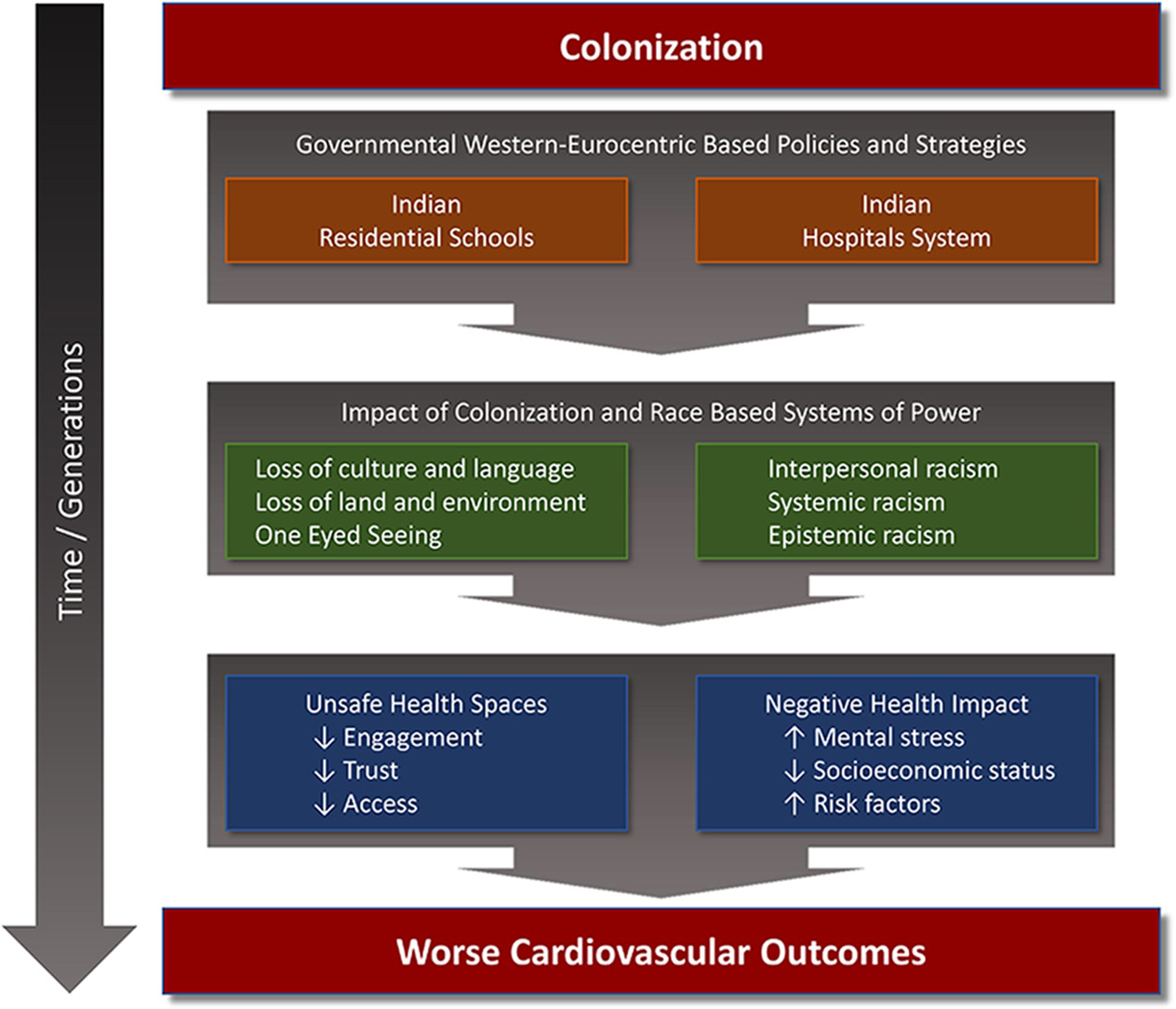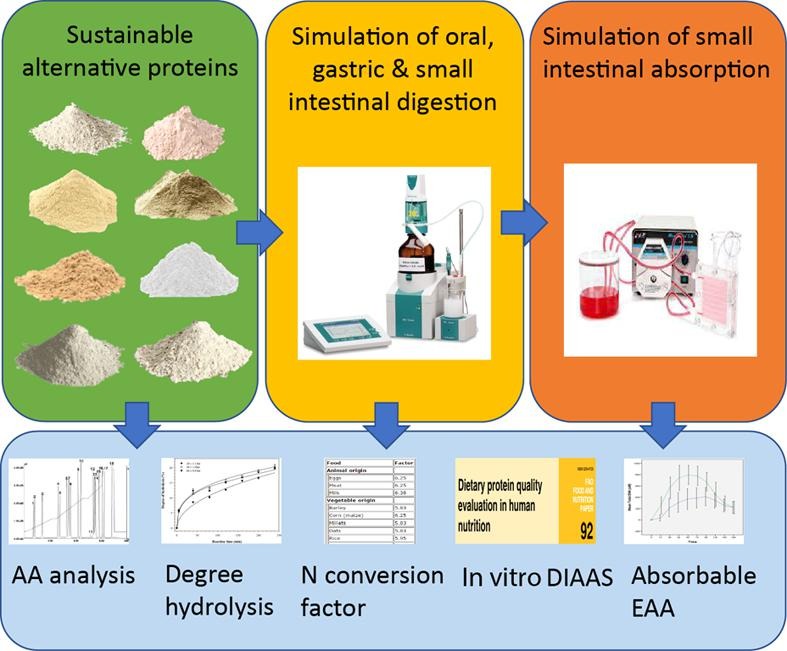Asian Nursing Research, Volume 15, December 2021
Purpose: The purpose of this study was to explore male nurses’ experiences of workplace gender discrimination and sexual harassment in South Korea. Methods: Phenomenological qualitative methodology exploring male nurses’ experiences was employed to collect data, and thematic analysis of the data was conducted. Research subjects were recruited by convenience and snowball sampling. Ten male nurses participated in individual in-depth interviews via mobile phone. Data were collected from June 15 to July 24, 2020.
International Journal of Women's Dermatology, Volume 7, December 2021
Human trafficking is a global problem that affects millions of people every year. Victims of trafficking are often subject to various forms of abuse, including physical violence and sexual exploitation. Identifying victims of trafficking is crucial in combating this issue, and one way to do so is through the observation of skin signs.
The Lancet Planetary Health, Volume 5, December 2021
The Lancet Planetary Health, Volume 5, December 2021




